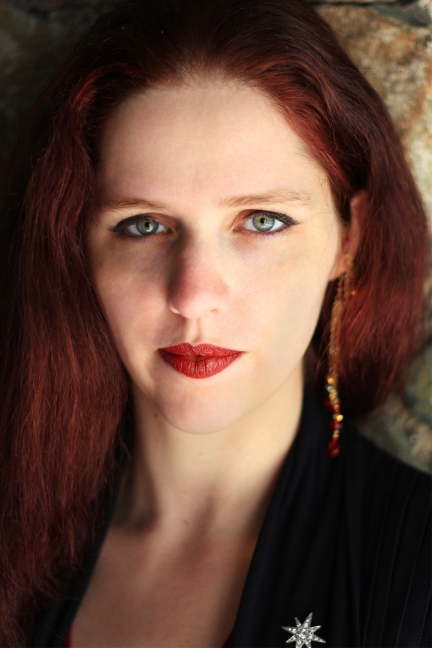
by Michele Kirichanskaya | Aug 17, 2022 | Blog
Alexandra Rowland is the author of several fantasy books, including A Conspiracy Of Truths, A Choir Of Lies, and Some by Virtue Fall, as well as a co-host of the Hugo Award nominated podcast Be the Serpent, all sternly supervised by their feline quality control...
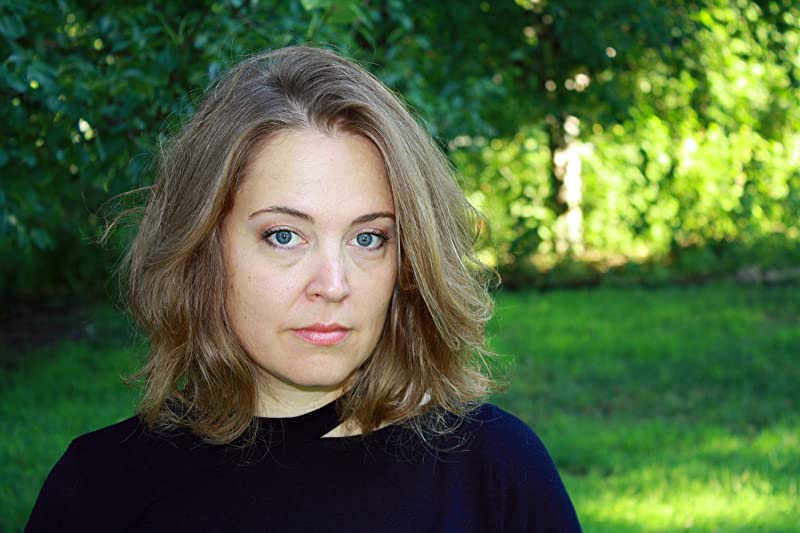
by Michele Kirichanskaya | Aug 12, 2022 | Blog
Tessa Gratton is genderfluid and hangry. She is the author of The Queens of Innis Lear and Lady Hotspur, as well as several YA series and short stories which have been translated into twenty-two languages. Her most recent YA novels are Strange Grace and Night Shine,...
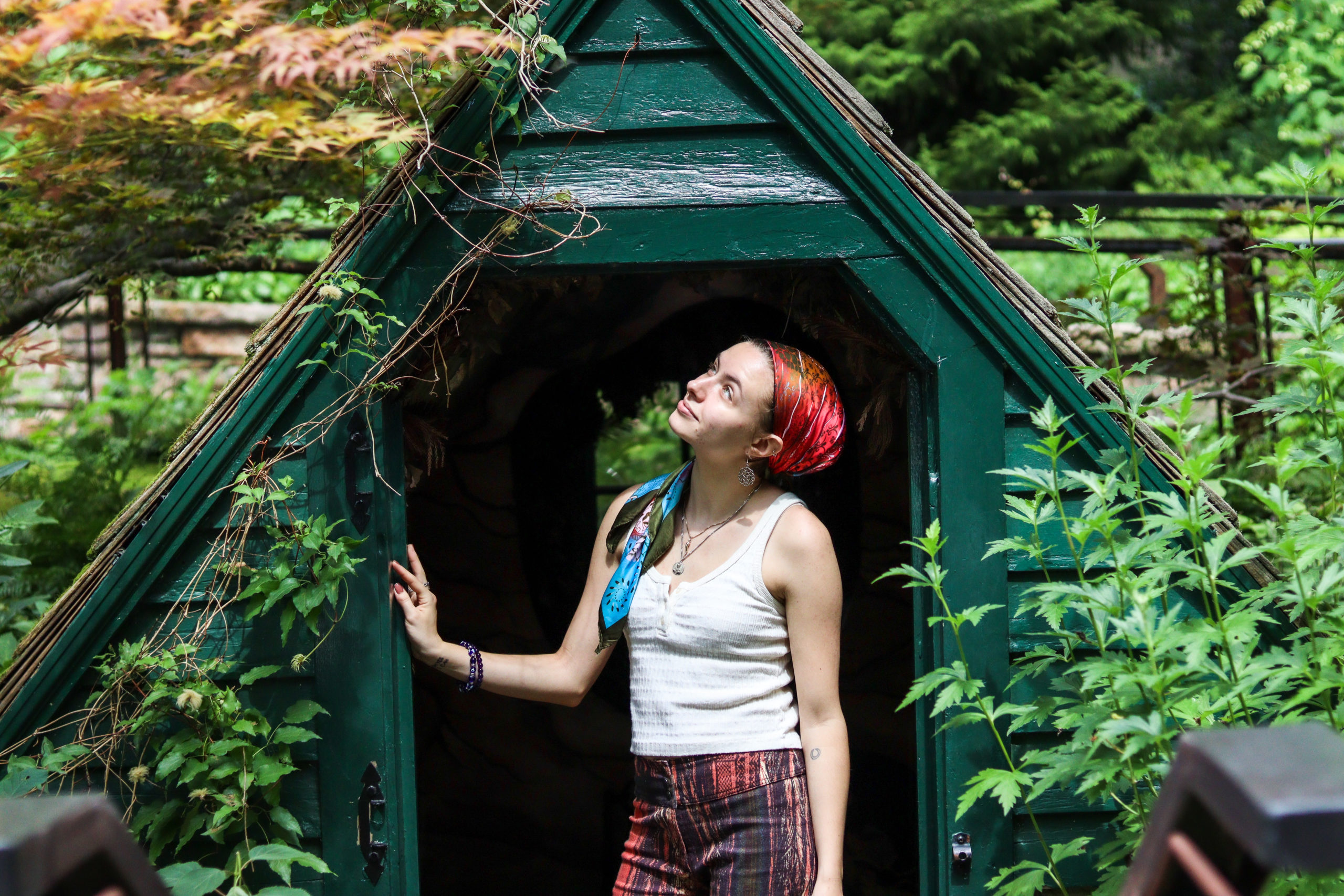
by Michele Kirichanskaya | Aug 10, 2022 | Blog
Frankie Castanea has been a practicing neopagan and eclectic folk witch for seven years. They are more commonly known as “Chaotic Witch Aunt” on the internet, where they run a tarot reading business and host classes on divination, protection, and deity...
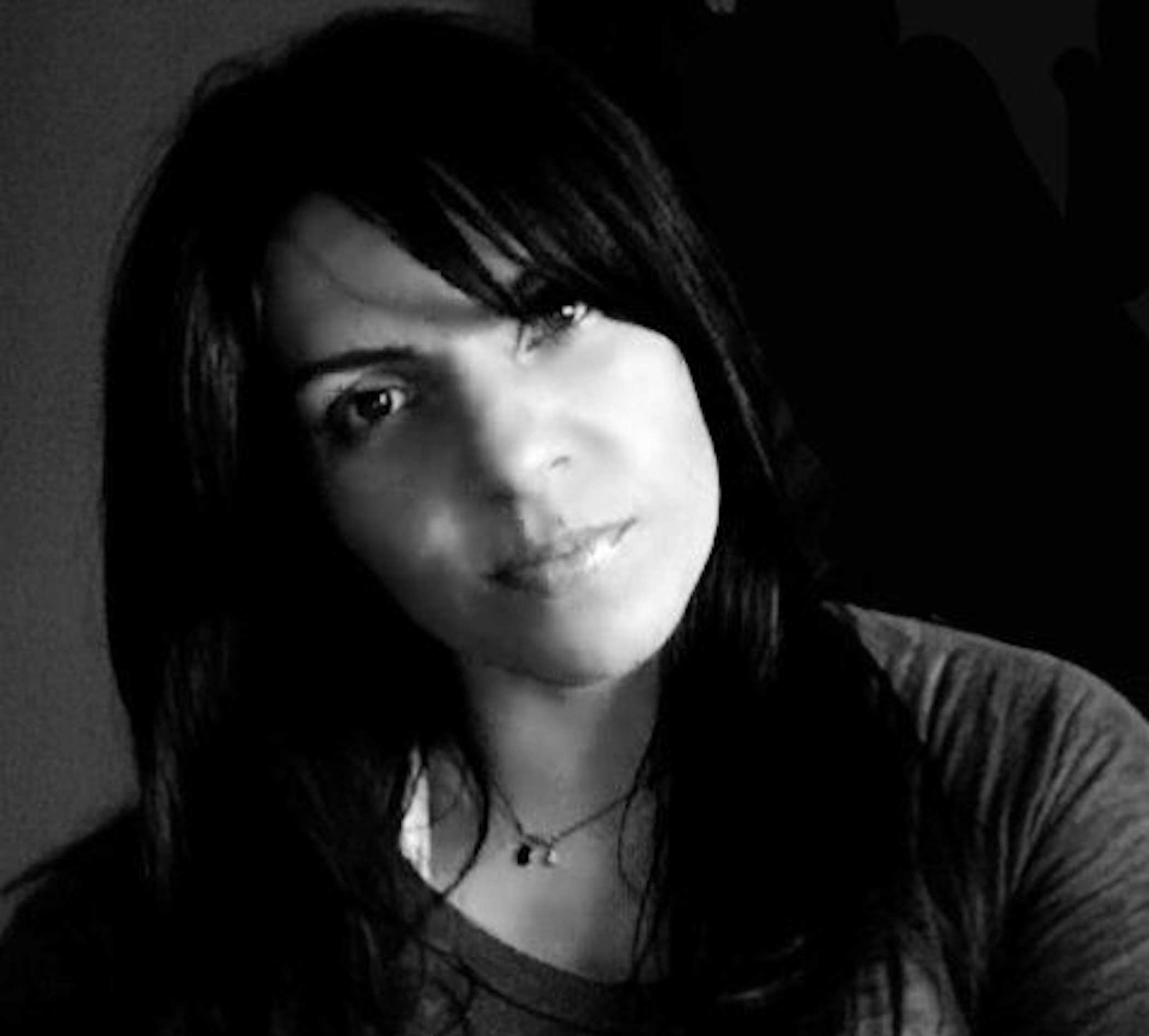
by Michele Kirichanskaya | Aug 5, 2022 | Blog
Cher Martinetti is an author, writer, and founder of SYFY’s FANGRRLS, the female-centric genre vertical syfy.com that ran from 2016-2020. She co-hosted & executive produced its flagship podcast Strong Female Characters. Cher has also frequently written,...
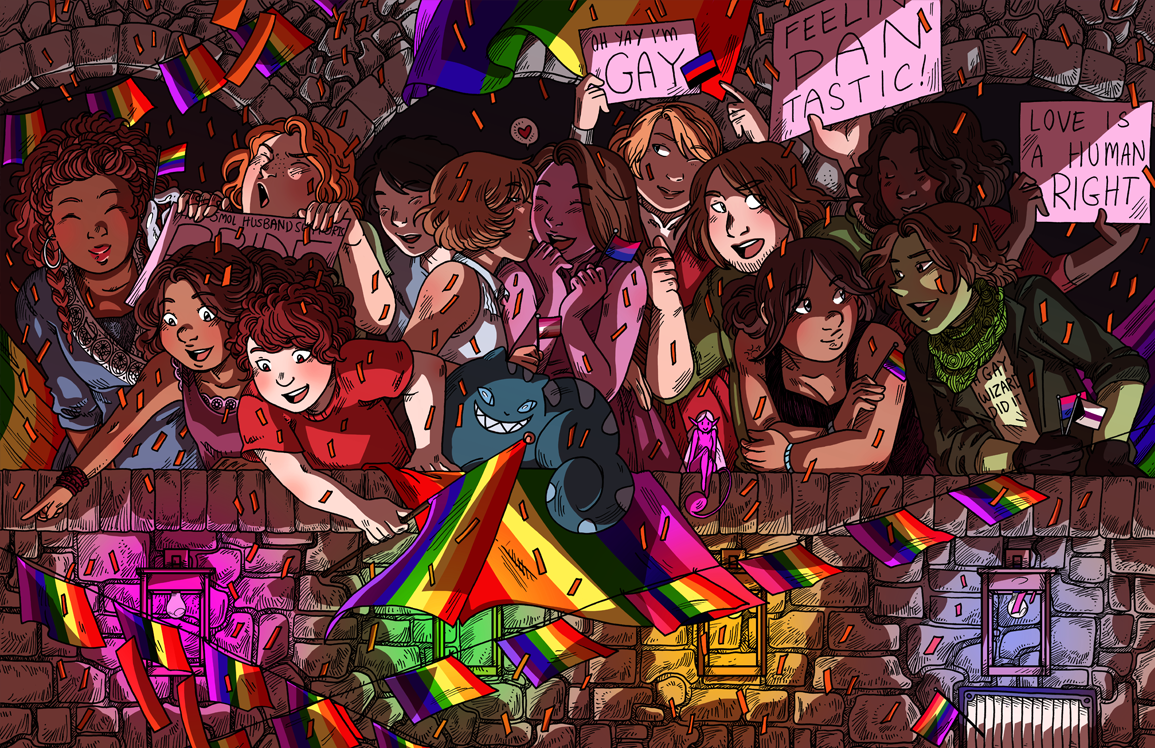
by Michele Kirichanskaya | Aug 3, 2022 | Blog
When she was a child, Megan commandeered scrap paper and markers to create family “newspapers.” She learned to read at age 3 by reading out loud from the T.V. Guide. When a relative wasn’t convinced, she was handed pages from the New York Times to read. Her family is...






